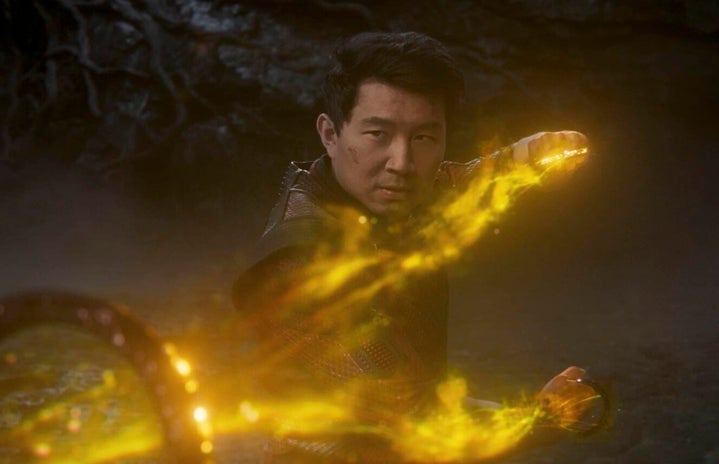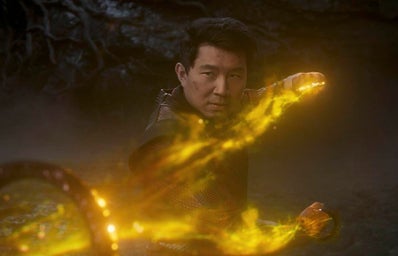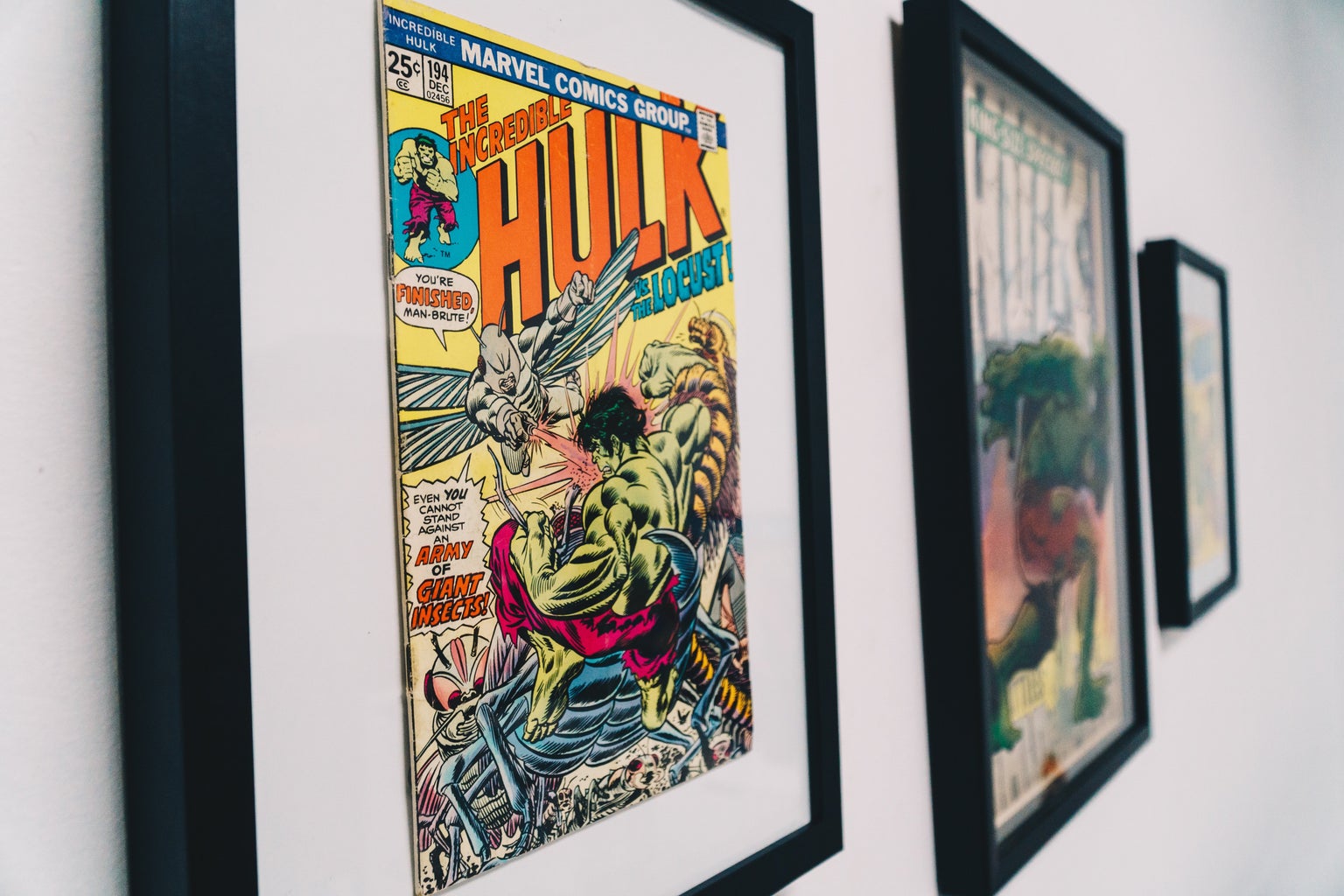What does it feel like growing up and watching movies only to never see anyone that looks like you starring in them? To see your culture used only as a punchline or to push harmful stereotypes? To exist in a world where you don’t feel wanted or like you belong? Well, it feels alienating to say the least.
For years, it’s felt like a lonely world, and only recently have Asians been given opportunities they’ve deserved for decades (if we want to date back to the days of Anna May Wong, a century.) With the recent successes of other Asian-led movies like Crazy Rich Asians, To All The Boys I’ve Loved Before, and Minari, it’s easy to see that Asian actors have been greatly underestimated and overlooked. The latest victory can be seen with Marvel’s new superhero movie, Shang-Chi and the Legend of the Ten Rings.
Shang-Chi is Marvel’s first Asian-American hero to get his own movie, and the plot tackles more than just the superhero movie cliche of coming into your own and defeating the villain. It tells a deeper story about Asian-American identities regarding assimilation and belonging, who you are and where you came from, and how to accept yourself: the good and the bad.
Shang-Chi (known as Shaun after moving to America and changing his name) and his best friend, Katy, depict perfectly the Asian-American experience for most. Both have “Americanized” their Chinese names to better fit American culture, to be more palatable, which highlights how Asian-Americans often feel like outsiders. Katy is also unable to speak Chinese well despite her mother and grandmother speaking it fluently (something I struggle with too.)
Overall, it’s frustrating. There is a divide between who you are as an American and who you are as an Asian; it’s a unique experience. Your entire life there is a voice inside your head saying you don’t fit in because how could you when you don’t look, speak, or act like every other American? And on the other side, the same thing can be said. You don’t quite fit into the American lifestyle, but you also don’t fit into the culture your ancestors descend from. It’s an identity tug of war.
Shang-Chi faces a similar tug of war regarding his own identity. In his case, his identity is torn between inheriting all the negative qualities of his father and all the positive qualities of his mother until he realizes he can’t have one or the other: he is both the bad and the good of his parents.
Accepting both the “bad” and the “good” illustrates the internal battle many Asian-Americans face. Growing up, there was always an intrinsic sense of shame I carried for being Asian. It was something that nagged away at the back of my mind for the better half of my life. I associated being Asian with being bad and being American with being good, but like Shang-Chi, one doesn’t exist without the other when you belong to two cultures. There is no way to cut yourself in half and there is no way to separate who you are.
Shang-Chi’s success means everything for future opportunities for Asians in media and demonstrating Asians can make money, but it also eloquently describes the Asian-American experience. Ying Nan said it best in the movie. “You are a product of all who came before you. The light and the dark. The legacy of your family. You are your mother. And whether you like it or not, you are also your father. Stop hiding who you are.”




